Back to Courses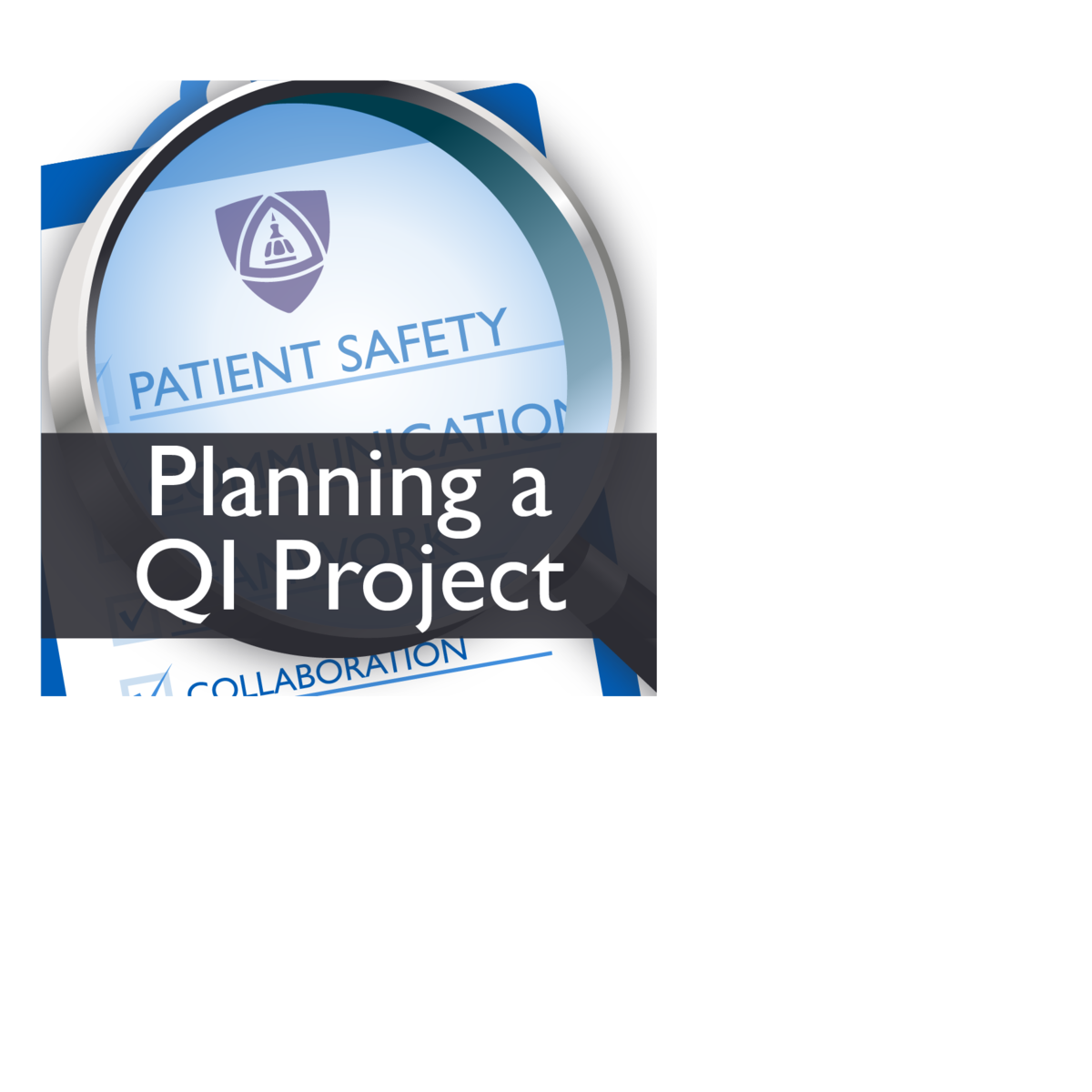

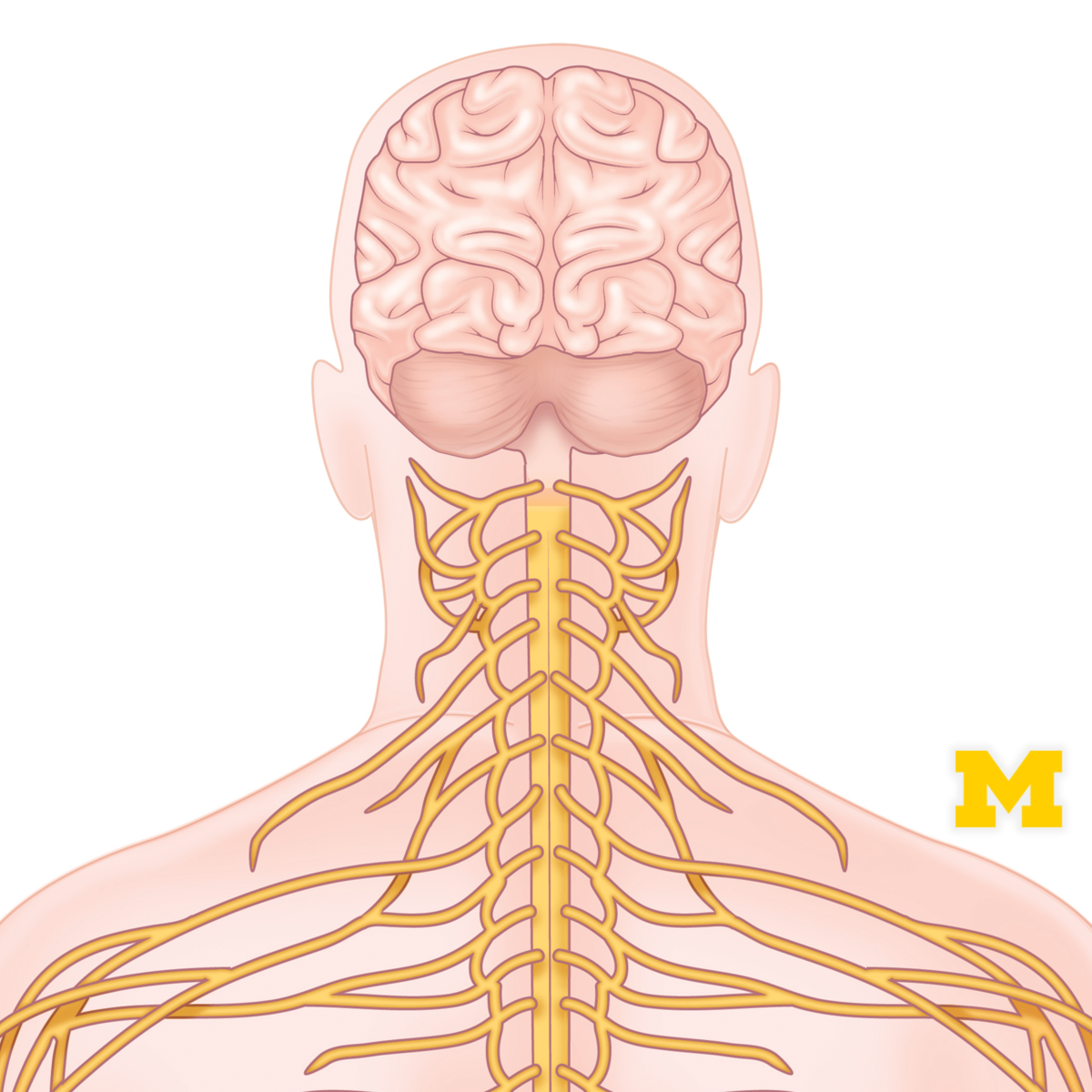
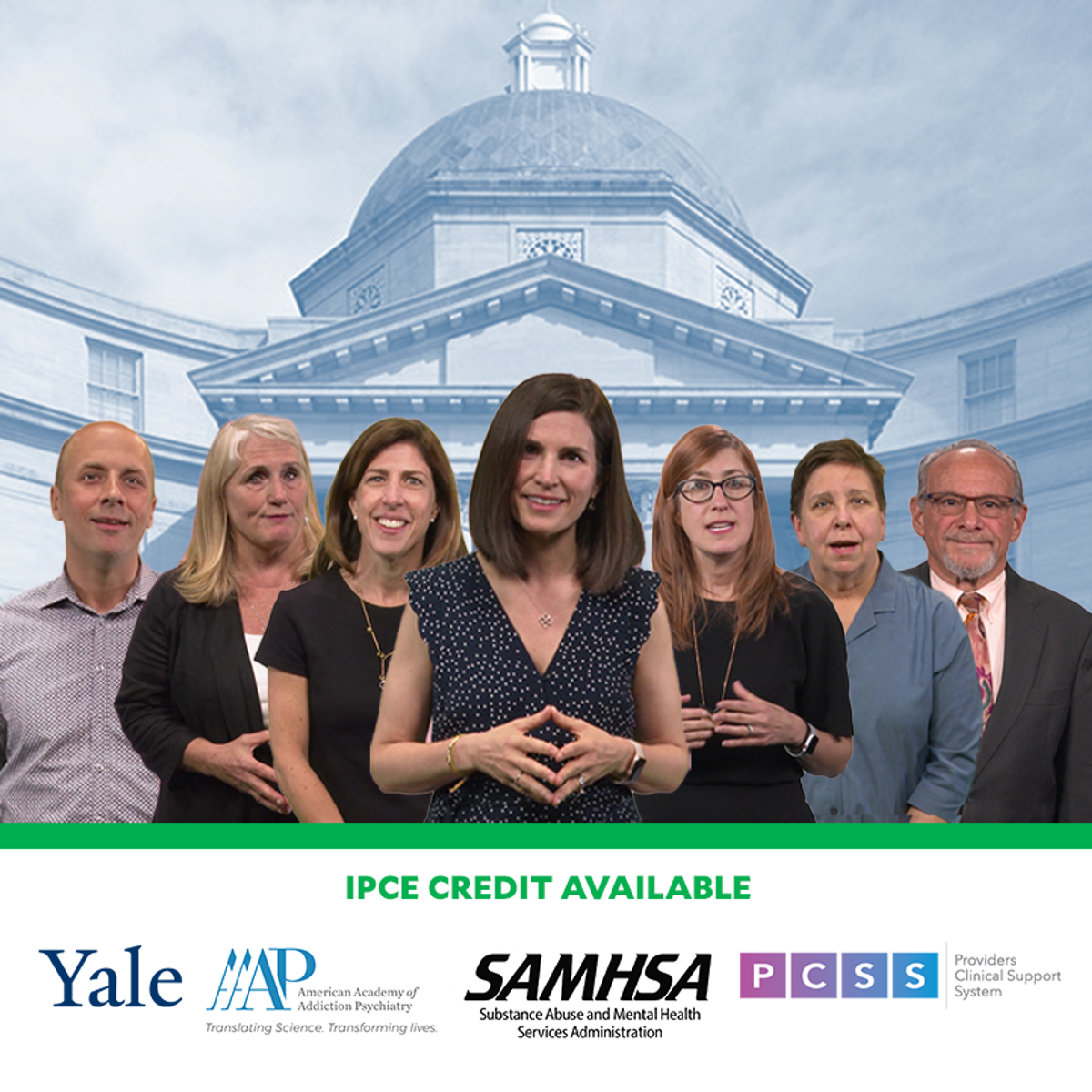



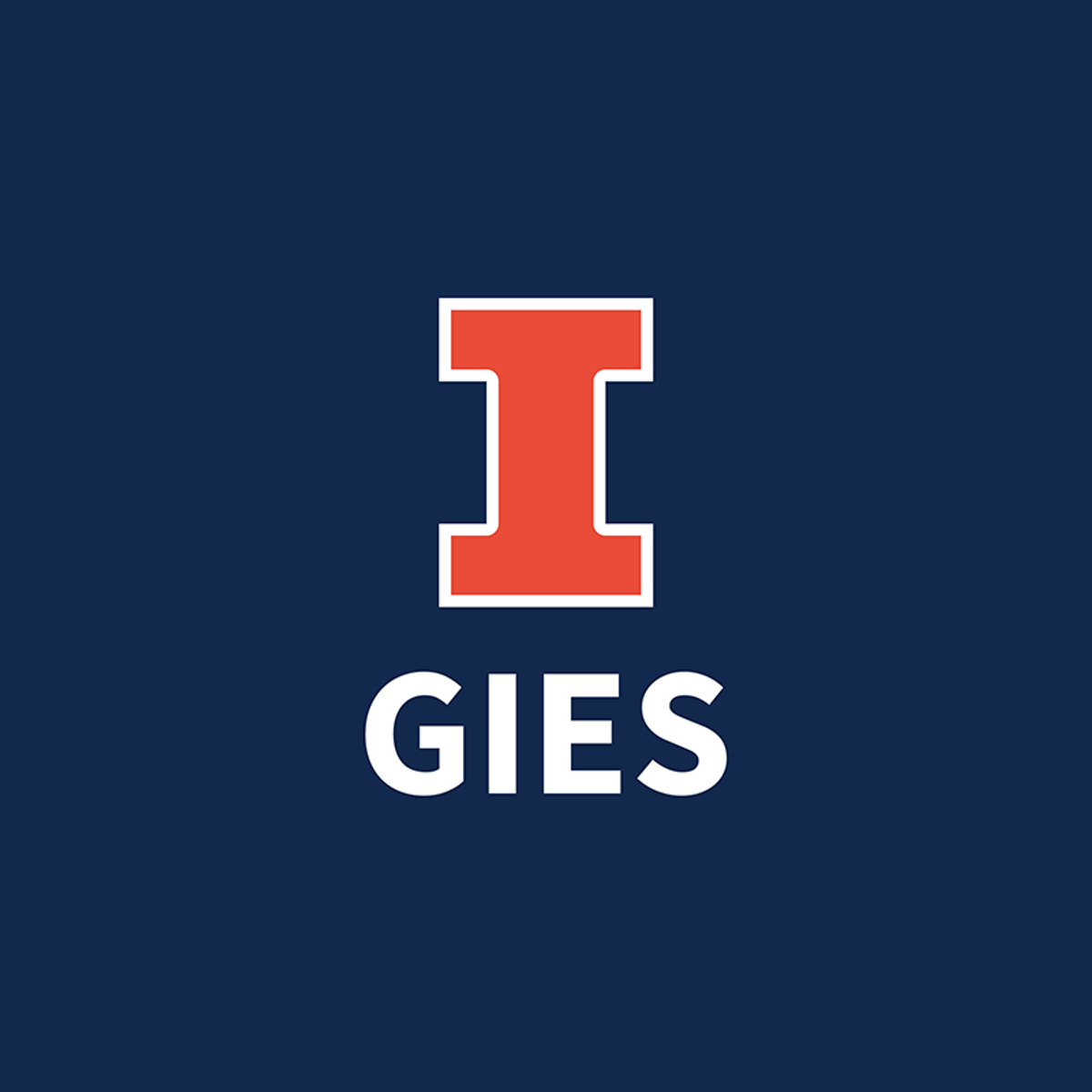
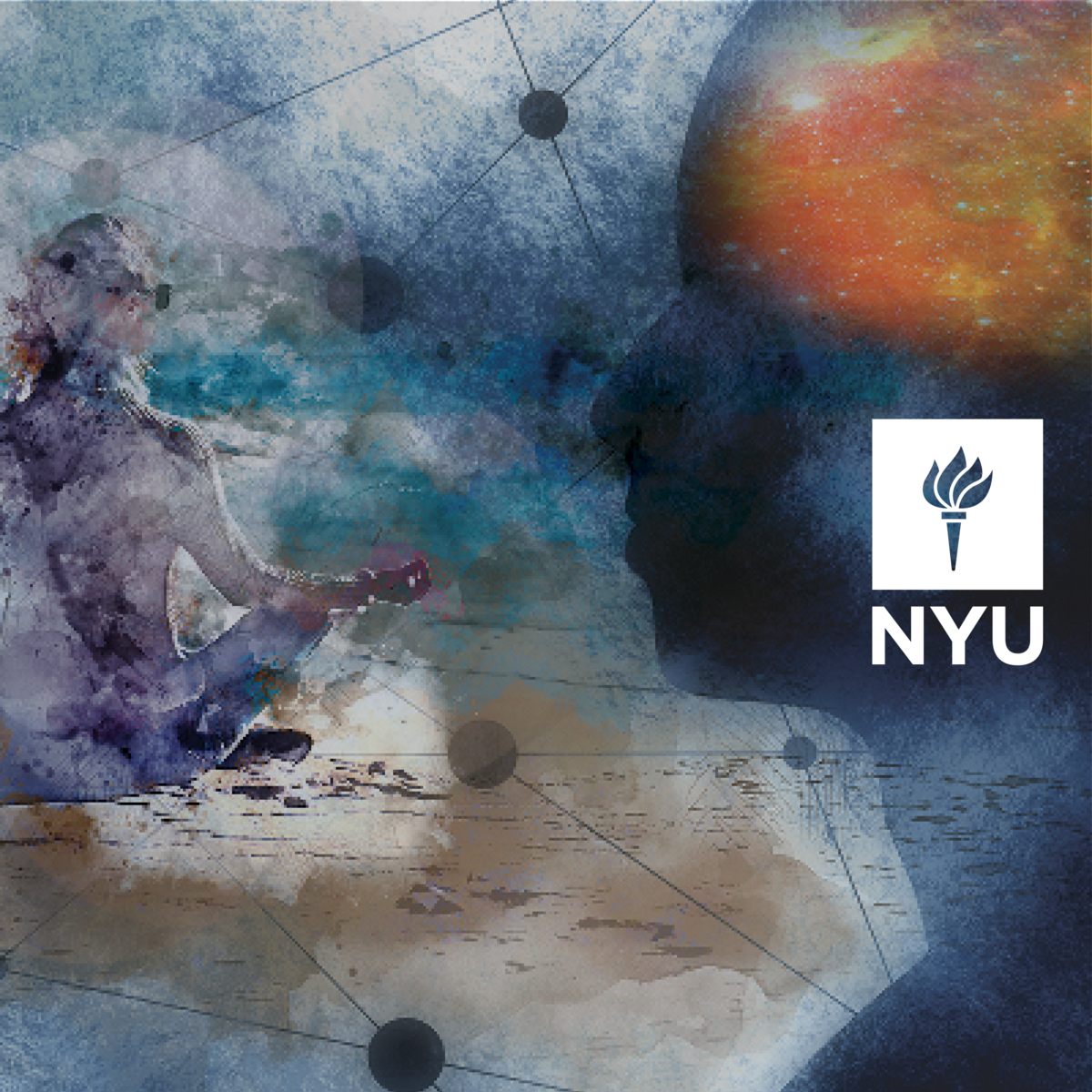

Life Sciences Courses - Page 10
Showing results 91-100 of 644

Planning a Patient Safety or Quality Improvement Project (Patient Safety III)
This course provides students with a set of tools and methodologies to plan and initiate a Problem Solving or Quality Improvement project. The first module presents methods for selecting, scoping and structuring a project before it is even initiated. It also introduces the project classifications of implementation and discovery. The second module describes the A3 problem solving methodology and the tool itself. Further in that same module, the student is shown tools to identify problems in flow, defects, and waste and to discover causes, brainstorm, and prioritize interventions. Module 3 shows a methodology within the implementation class. These methods are designed to overcome emotional and organizational barriers to translating evidence-based interventions into practice. The fourth and last module looks at one more way to approach improvement projects in the discovery class. These tools are specifically for new, out-of-the-box design thinking.

Social Services for Families, Seniors and Those with Disabilities
Course 4 discusses four populations: families, poor families, people with disabilities, and people as they age. This course addresses issues of power, oppression, and white supremacy.
-The first module identifies the needs of children and the role of the state in child development. We will explore changes in the family and the resulting debates about how to best support families and child development. We’ll appraise family leave and child care programs for their role in supporting paid work and in strengthening child development, as well as income support efforts including the child tax credit and proposals for a family allowance.
-The second module begins with a description of child poverty—both the forces leading to it, and its effects. This module also describes public support programs and critiques the debates surrounding them.
-The third module focuses on persons living with disabilities, evaluating the landmark Americans with Disabilities Act. We will also critique the processes of establishing a disability social insurance program and the public aid programs that make people with disabilities eligible for income support and health support.
-The final module begins with a report on the aging of the U.S. population. Building on this, we’ll examine social insurance programs and public aid programs for seniors for their longterm viability, and assess the various reforms that have been proposed to stabilize these programs.
The course is part of a sequence in social policy that has an HONORS TRACK. This track will prepare the learner for masters-level work in policy, which involves reading the literature, writing concise summaries and probing critiques. Over the sequence the learner will develop a policy analysis that will create a foundation for professional policy analyst assignments.

Anatomy: Human Neuroanatomy
In this anatomy course, part of the Anatomy Specialization, you will be introduced to the central and peripheral nervous systems. You will learn about basic neuroanatomy, sensory pathways, motor pathways and the autonomic nervous system.
The course includes illustrated lecture videos and quizzes to help you expand and test your knowledge of the nervous system.
By the end of this course, you will have a better understanding of how the entire body influences, and is influenced, by the nervous system.

Addiction Treatment: Clinical Skills for Healthcare Providers
This course is designed with a singular goal: to improve the care you provide to your patients with substance use disorders. By delving into a model case performed by actors, seven Yale instructors from various fields provide techniques to screen your patients for substance use disorder risk, diagnose patients to gauge the severity of their use, directly manage treatment plans, refer out to treatment services, and navigate the various conditions that may limit your patient’s access to treatment. You will ultimately be prepared to provide compassionate and evidence-based care to a large population of patients living with addiction— a chronic, often relapsing-remitting disease, but a treatable one.
This course is supported in part by SAMHSA of the U.S. Department of Health and Human Services (HHS) as part of financial assistance awards from grant #1H79FG000023 totaling $249,900 and grant #3H79TI081968-02S1 from SAMHSA totaling $1,354,651 with 100 percent funded by SAMHSA/HHS. The contents are those of the author(s) and do not necessarily represent the official views of, nor an endorsement, by SAMHSA/HHS, or the U.S. Government.
Note: The content in this course is intended solely to inform and educate medical professionals. This site shall not be used for medical advice and is not a substitute for the advice or treatment of a qualified medical professional.

Health Concepts in Chinese Medicine
Course Overview: https://youtu.be/L0-cZt1Hw7c
Chinese Medicine and Modern Medicine are two distinct medical systems, yet they both aim at the prevention and treatment of human diseases. With this in mind, we should understand the practice of Chinese Medicine in the context of Modern Medicine.
In this course, we explore the basic theories underlying the practice of Chinese Medicine, compare and contrast the use of Chinese Medicine and Modern Medicine in Preventive Health, and discuss how to restore a healthy condition and understand the pharmacological basis of different types of Chinese tonifying herbs.
By the end of this course, you will be able to:
- state the important Chinese Medicine literature from 5th century B.C. to 16th century A.D.
- describe and interpret basic Chinese Medicine theories
- apply the basic Chinese Medicine theories (such as the balance between Yin and Yang and the interaction among organs) to restore a healthy condition
- compare and contrast the use of Chinese Medicine and Modern Medicine in Preventive Health
- explain how the balance of Yang/Qi and/or Yin/Blood can be restored by using Chinese tonifying herbs
- adapt the Chinese Medicine concepts by reviewing the contemporary researches on pharmacological activities in Chinese tonifying herbs

Mind Control: Managing Your Mental Health During COVID-19
Never in the history of humanity have so many people been feeling intense anxiety related to COVID-19 and the world it will leave in its wake. The intent of this course is to give you a deeper understanding of the anxiety reaction as it relates to various aspects of our current life, ranging from our consumption of news to the way we talk to our children about this. I will also give you clear strategies for managing and, in fact, turning off the anxiety response at least for short periods. My sincere hope is that you will leave this course with a better understanding of how your brain reacts to crises, along with some powerful tools for managing it before it manages you.
In this course we will cover:
1.1 Introduction and Overview
1.2 Understanding the Anxiety Response
1.3 The Necessity of Strategies to Manage Anxiety
1.4 Achieving Relaxation: A Skill We All Need to Learn Now
2.1 Why Watching the News is Addicting and How to Manage Your Consumption
2.2 The Critical Art of Mental Distraction to Crowd Out Stressors
2.3 How We Think About Physical Distancing and Explaining it to Our Children
3.1 The Effects of Isolation
3.2 Some Strategies to Make Isolation More Tolerable
3.3 The Importance of Social Connection in a Physical Distancing World
4.1 The Need to Guard Against Depression: The Importance of Control
4.2 Bring it Together: Practice Makes Proficient
4.3 Invitation to Suggest Additional Videos

The Psychology of Thrill Seekers
Sensation seeking is a trait we all have and includes the search for complex and new experiences. Thrill Seekers, people with high-sensation seeking personalities, crave exotic and intense experiences even when physical or social risks are involved. This course helps learners examine the remarkable world of the high-sensation seeking personality and explores the lifestyle, psychology, and neuroscience behind thrill seekers.
Global Impact: Cultural Psychology
Globalization has brought dramatic changes to the marketplace. A proliferation of global brands brings diverse cultures to a consumer population that is also culturally diverse. This course enables students to understand how globalization changes consumers at a psychological level and provides tools for infusing brands with cultural meaning that can resonate with global consumers. The focus is on understanding that culture exists in the mind as well as in the environment, and that globalization creates multi-cultural spaces in contemporary societies. Consumers can use the cultural meaning of a brand to build their identities or reject the brand’s cultural meaning.
The course will help students identify when assimilation vs. exclusionary reactions are more likely to occur and to devise strategies for imbuing brands with cultural meanings that can elevate them to the status of cultural icons.
You will be able to:
• Understand how globalization impacts the psychological responses of consumers in global markets
• Explain what culture is and how it manifests itself in business environments
• Understand how brands acquire cultural meanings and predict consumers’ responses to the cultural meanings in brands
• Identify strategies to win-over multi-cultural consumers in globalized markets
• Practice the fundamentals of how to build an iconic brand
This course is part of Gies College of Business’ suite of online programs, including the iMBA and iMSM. Learn more about admission into these programs and explore how your Coursera work can be leveraged if accepted into a degree program at https://degrees.giesbusiness.illinois.edu/idegrees/.

Engineering Health: Introduction to Yoga and Physiology
This course gives you access to an exploration of physiological systems from the perspective of overall health and wellness. In particular, a focus on yoga, meditation and mindfulness as a therapeutic intervention in chronic illness and long term treatment. This course is intended for yoga practitioners and teachers, as well as college students and medical practitioners looking for a deeper understanding of the physiological benefits of yoga. The value of taking this course is to understand the impact that yoga can have on reducing stress, and aiding in healing or preventing physiological pathologies. Throughout this course, we will learn about different physiological systems and highlight yoga practices that can influence different systems and reduce pathology. Reading material will include analysis of scientific studies that have successfully utilized yoga practice as a tool for treatment of various illnesses such as: hypertension, stress, diabetes, insomnia, chronic pain and PTSD. In order to understanding these conditions, lectures will provide a complete understanding of the correlating physiological system. The weekly course assignment will include physiology lectures, a weekly yoga practice, suggested readings, and optional discussions for a total of 3-5 hours per week. The course will provide a tremendous amount of information and hands on experience for those interested in alternative health perspectives and a more in depth scientific understanding of this ancient healing method.

Operational Research for Humanitarians
Evidence is central to good decision-making both in the humanitarian sector and beyond. Every day, a vast amount of evidence is generated that is relevant to humanitarian actors, much of it through research by academics and practitioners. This evidence can be incredibly valuable. It can help us better understand a situation and make humanitarian action more effective and accountable. The difficulty comes with understanding what evidence is relevant to our circumstances, where to find it, and how to assess its quality.
This course will provide you with the fundamental knowledge and skills to answer these questions and help you better engage with research. It has been developed with you - a humanitarian professional or junior researcher - in mind. The course moves through the core research concepts one-at-a-time and does not require any prior knowledge or experience. We encourage all of you to plan your own learning journey by using this MOOC in a way that is most useful to you.
Content highlights:
• How can research be used for humanitarian practice?
• What are the most appropriate research methods?
• How can I judge the quality of the evidence and whether it is applicable to the context I work in?
• How can populations in a situation of vulnerability be protected during a study?
This course - co-developed in a partnership between academic and humanitarian institutions - is strongly positioned to give you the needed skills and knowledge to build a bridge between research and practice.
We hope that this course will change your perspectives and improve your knowledge and, ultimately, make humanitarian responses more evidence-based. Enjoy!
Popular Internships and Jobs by Categories
Find Jobs & Internships
Browse
© 2024 BoostGrad | All rights reserved